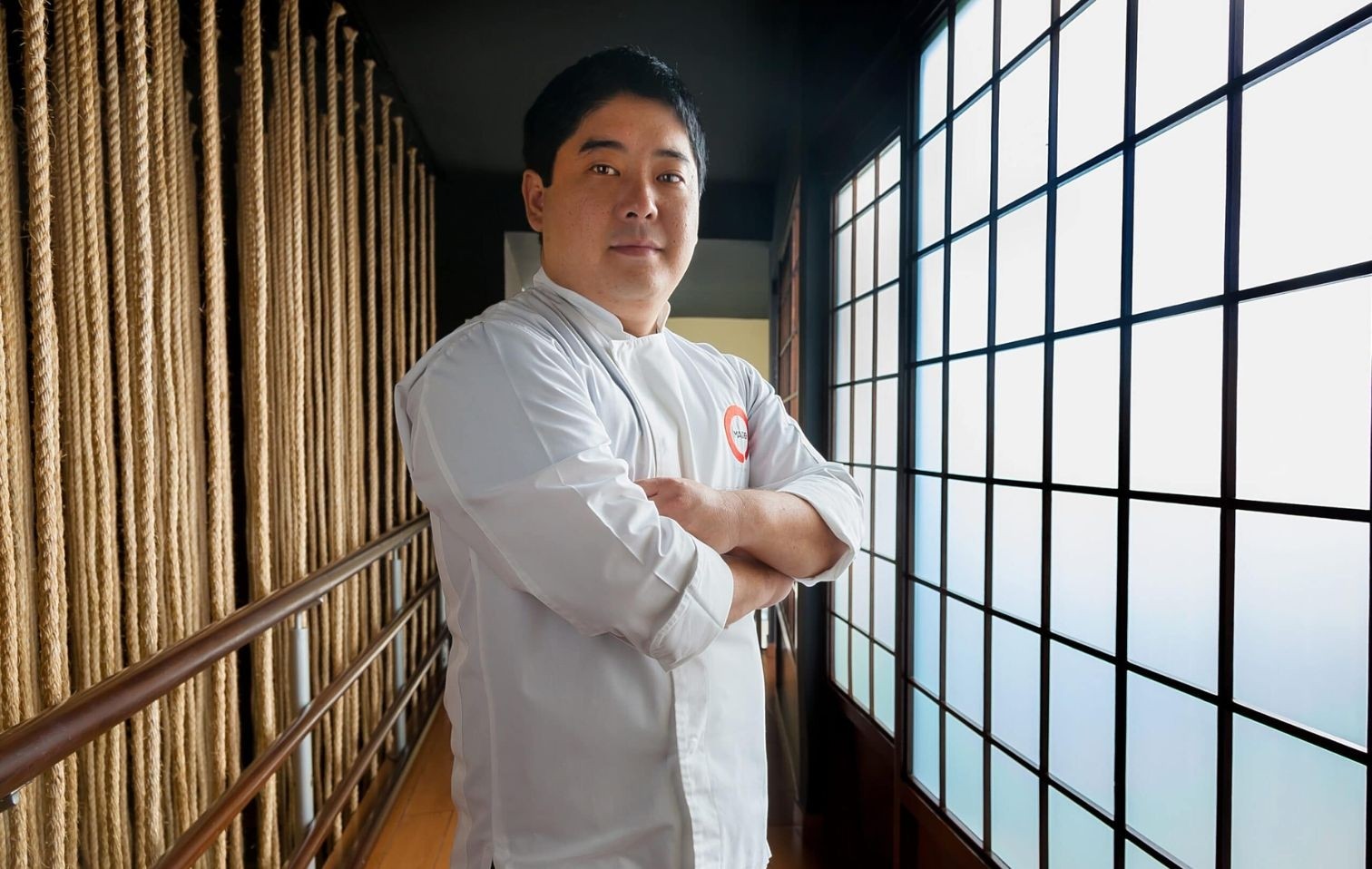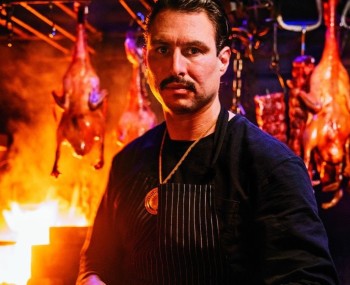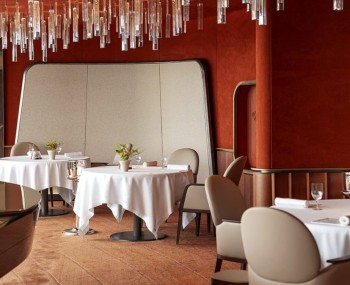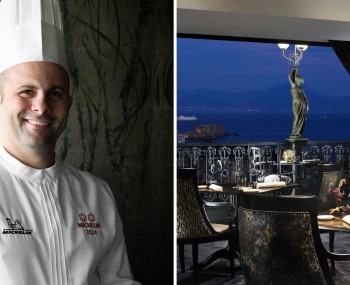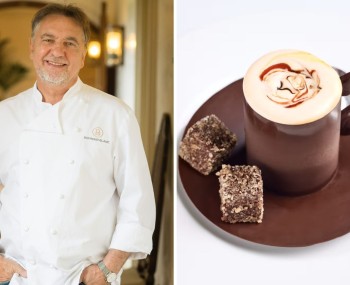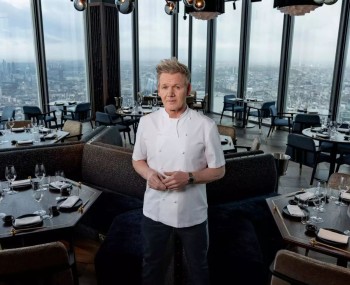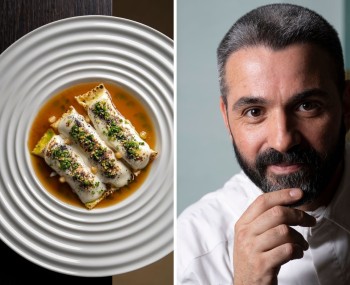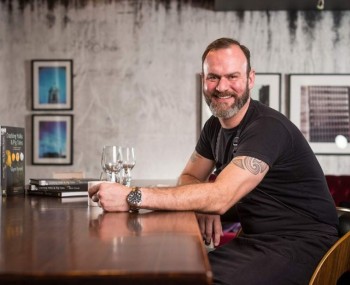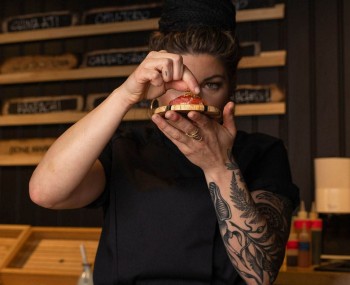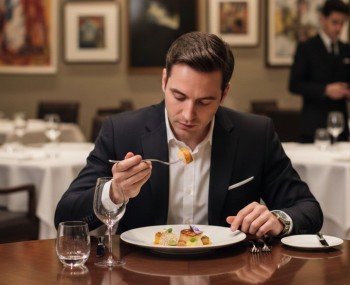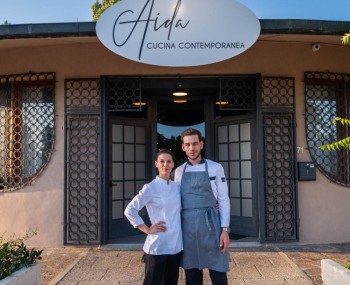After fifteen years spent raising awareness of Nikkei cuisine around the world, Maido chef Mitsuharu Tsumura has shifted focus to the Amazon and its unexplored gastronomic deposits, while also discovering ancestral techniques there.
The chef
Among the most influential chefs in recent cuisine, Peru's Mitsuharu Tsumura is credited with shining a spotlight on nikkei cuisine, the ante litteram fusion that grew out of the meeting of Japanese immigrant cuisine and Latin or indigenous traditions. And it was hard, in the early years, to make it clear that it was not about sushi, to the point that he pondered closure.
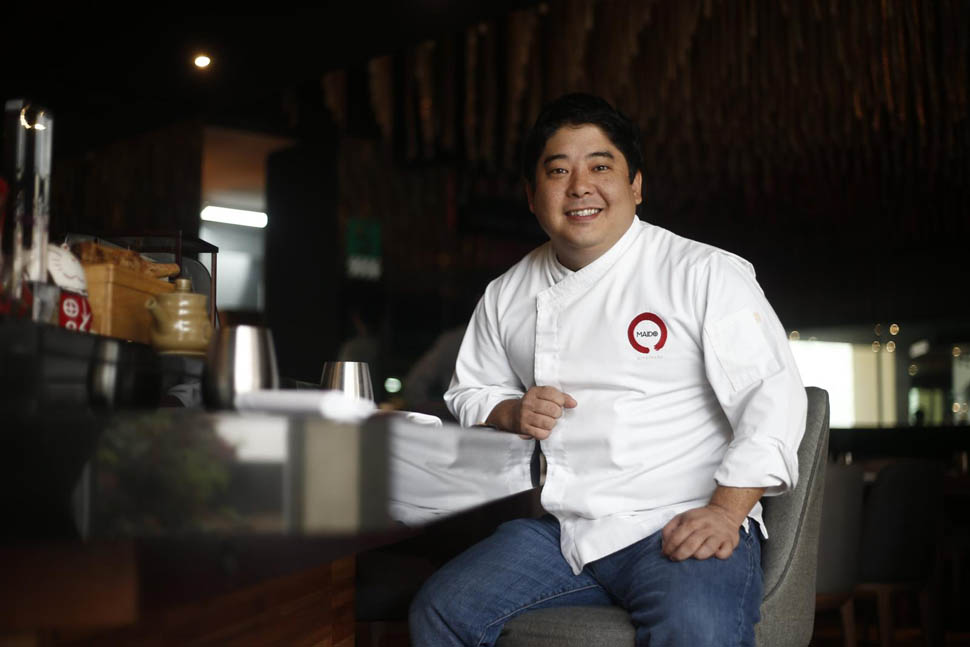
Now, after a tale fifteen years long and a fine harvest of successes, the focus has shifted to an even more ambitious Amazon menu, also aimed at supporting the local economy by introducing the products to urban audiences. While work is fermenting on the construction of a research center in the forest, aimed at raising awareness of the produce and supporting those working creatively on recycling organic waste, such as El Bosque Guardian.
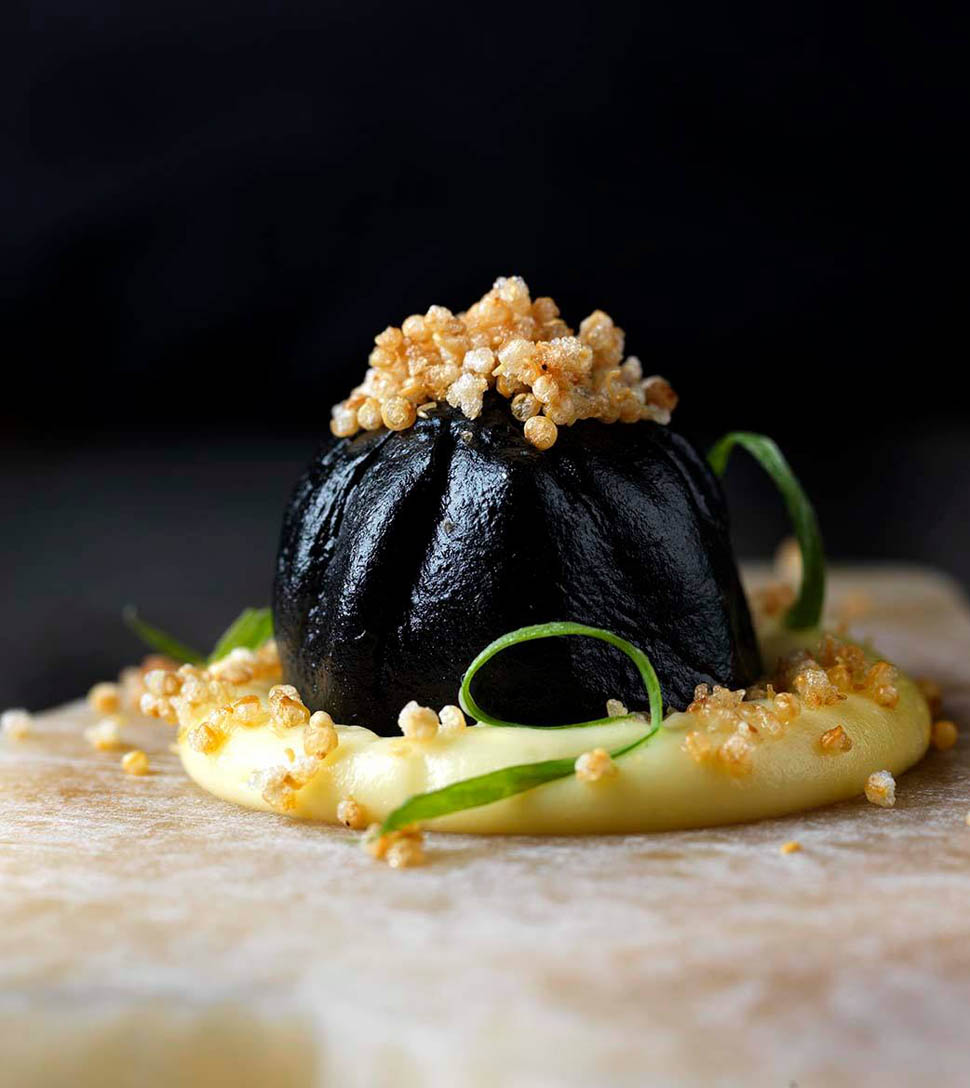
“If I look at the dishes from the early years of Maido, I realize how much we have evolved,” he tells theworlds50best.com. “And that's where the theme of self-study comes in: traveling, studying, reading ... challenging yourself more every day. In the beginning there was a lot of Japan. Now we are still nikkei, but with a lot more Peruvian elements. The Amazon, Arequipa and the northern coast influence our cuisine a lot. I take traditional Peruvian recipes and adapt them in fun and creative ways, with some Japanese touches, but freely. So we have created our own world, where there is more than just cooking. We work a lot on the service, the staging of the restaurant and the atmosphere. I know the Estrella Damm Chefs' Choice Award honors the individual, but it would not have been possible to receive it without this team.
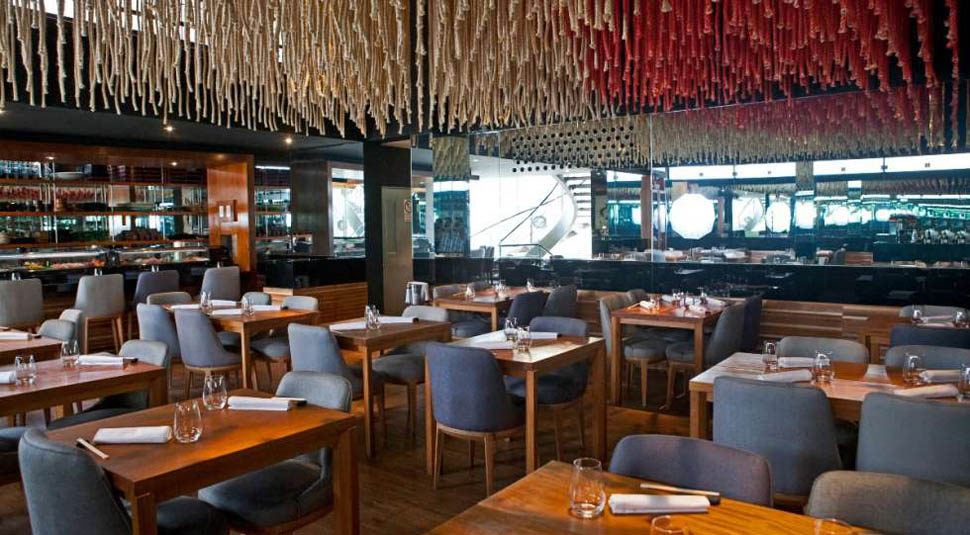
When you make team members shine in their own light and guests recognize them the moment they return to the restaurant, motivation grows. I don't want them to feel they are working for a business, I want them to be part of the family. We are currently 95 people and about 30 percent have been working here for more than eight years. The team does 99 percent of the work-unless I find mistakes or something to improve, I leave it free to manage itself. Maido is a place of celebration and its name means 'thank you for coming back,' an expression we address at the end of the meal as much to guests who have traveled 15 thousand kilometers as to locals. For our anniversary, we designed a menu that celebrates with a dish each year we opened” Inspiration has no rules. Sometimes the chef may have an intuition in the middle of the night and forward it to the team in charge of creativity, headed by Segundo Panduro, who is in charge not only of dishes but also of service, presentation, and furnishings.
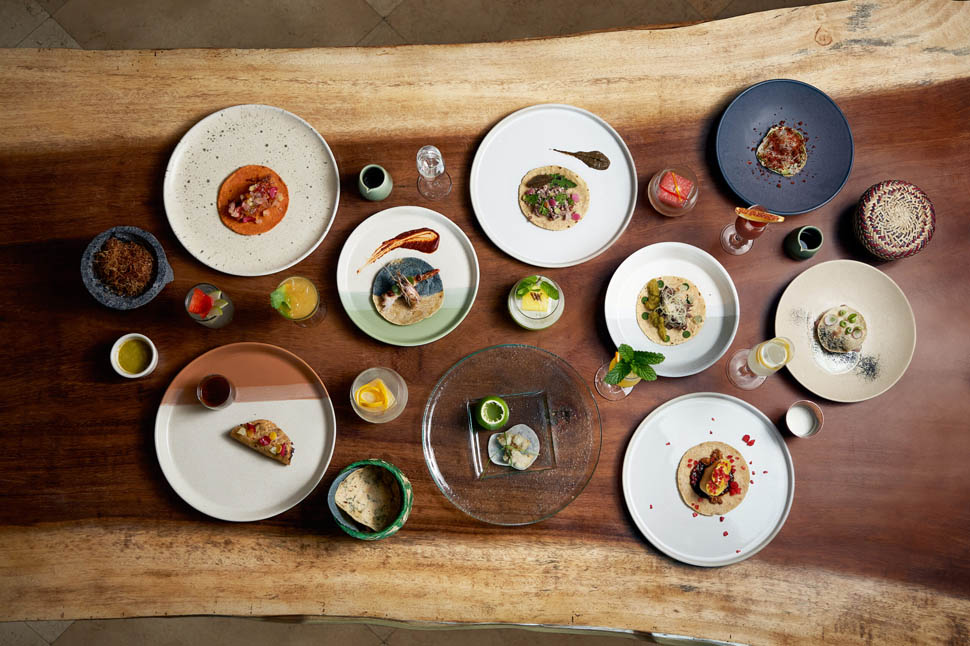
Other cues are perhaps picked up in the Amazon, especially by the women of Arequipa, and then reworked, proceeding through trials and tastings. Among the leitmotifs are yellow chilies, ubiquitous in Peru even in non-spicy versions, black chilies, fermented yucca and indigenous potatoes, crayfish and cannolicchi; plus cocona, a citrus fruit from the Amazon, from which also come utensils such as batan, a stone used for grating, and mocontullo, a sun-dried bone. For Tsumura, the goal is always to make others happy. That's why at just 10 years old he started cooking and by 15 he was already self-employed; but he says he also worked on the other side of the pass, as a waiter, food & beverage and even dishwasher. Today his co-workers are many, loyal to him by the feeling of family and empowerment in their roles.
